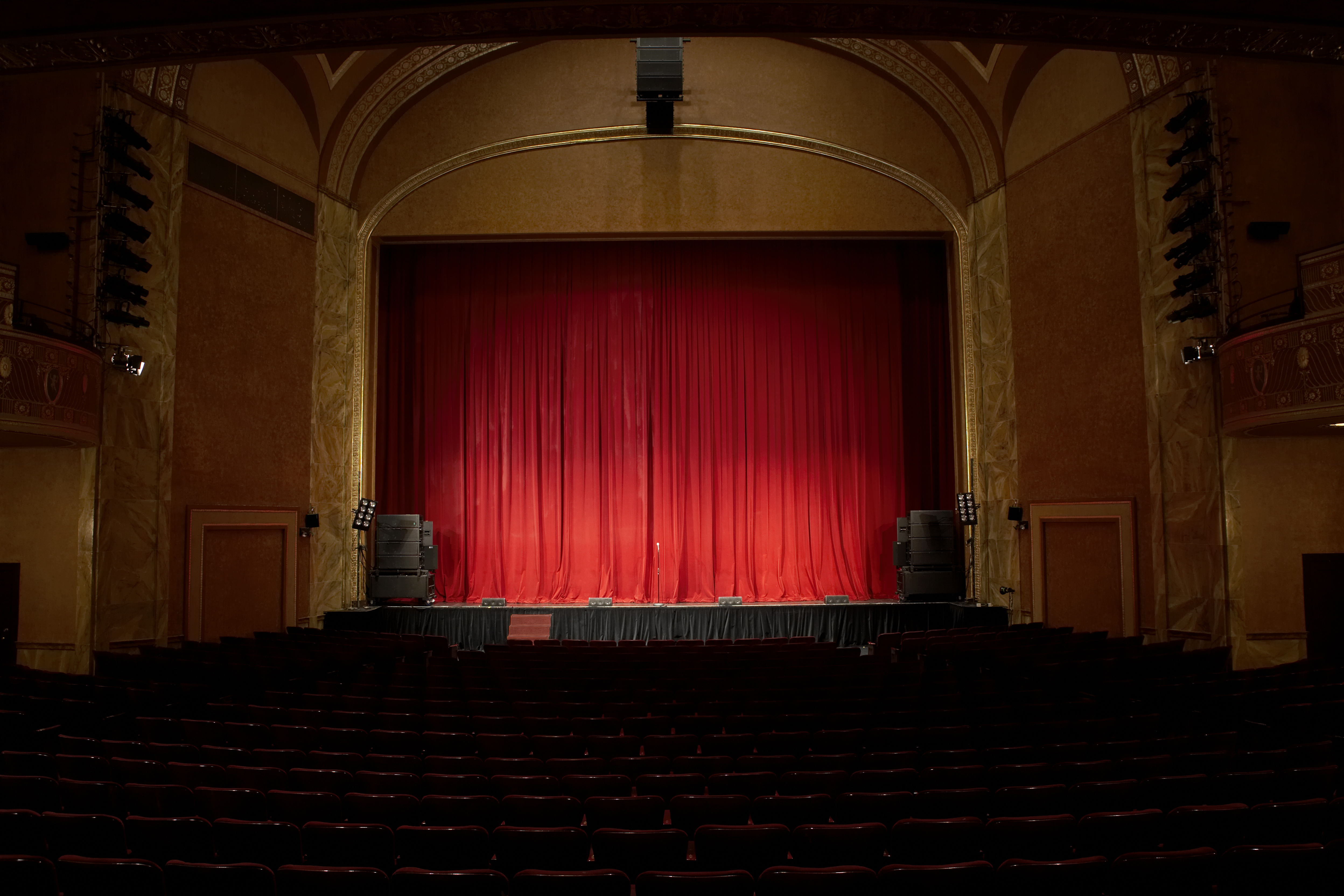
A recent Israeli airstrike in Syria killed a senior Hezbollah commander who helped plan one of the boldest and most sophisticated attacks against American troops during the Iraq War, according to a senior U.S. defense official.
Ali Mussa Daqduq had been captured by U.S. forces following the 2007 raid in which militants posing as an American security team killed five U.S. soldiers. But he was later released by the Iraqi government.
Details of the Israeli airstrike were scarce. It was not immediately clear when the strike took place, where in Syria or whether it targeted Daqduq specifically, the senior defense official said.
A Pentagon spokesperson did not immediately respond to a request for comment. The Israeli embassy referred questions to its military, which did not immediately respond.
Get top local stories in Philly delivered to you every morning. Sign up for NBC Philadelphia's News Headlines newsletter.
The elaborate raid Daqduq helped plan was carried out at a U.S.-Iraqi military complex in Karbala on Jan. 20, 2007. A group of men posing as an American military security team – wearing U.S. military combat fatigues, carrying U.S. weapons and some speaking English – convinced security to let them through several checkpoints and right up to a building where U.S. and Iraqi troops were working.
The facility was part of a series of compounds known as Joint Security Stations in Iraq, where U.S. troops lived and worked with the Iraqi police and soldiers. More than two dozen U.S. soldiers were in the Provisional Joint Coordination Center, or PJCC, when the militants arrived, including several in the barracks room where the troops were living.
The militants surrounded the building, using grenades and explosives to breach the entrance. One American soldier was killed by a grenade. Once inside, the militants captured two U.S. soldiers inside the building and two others outside the building, before speeding away in waiting SUVs.
U.S. & World
Stories that affect your life across the U.S. and around the world.
U.S. attack helicopters caught up with the convoy, prompting the militants to bolt from their vehicles and take off by foot. They shot and killed the four U.S. captives at some point during the escape.
The four soldiers shot by their captors were identified as 1st Lt. Jacob Noel Fritz, 25; Capt. Brian Scott Freeman, 31; Pfc. Shawn Patrick Falter, 25; and Spc. Johnathan Bryan Chism, 22. The soldier killed by the grenade at the compound was identified as Pfc. Johnathon Miles Millican, 22.
In the aftermath of the attack, U.S. officials suspected the militants had direct support from Iran, given the level of coordination, training and intelligence required to carry it out.
U.S. forces captured Daqduq in March 2007 and soon achieved a breakthrough in establishing that Iran's Quds Force, an elite unit of the country's Revolutionary Guard, was involved in planning the Karbala raid. Under questioning, Daqduq said the operation resulted from direct support and training by the Quds Force.
Daqduq was held by the U.S. military in Iraq for several years but then handed over to Iraqi authorities in December 2011, when the U.S. military mission ended. He was the last prisoner handed over before U.S. troops pulled out of the country.
The Iraqis assured U.S. officials that they would prosecute Daqduq, but within months he was released, prompting outrage from American officials and politicians. Daqduq was soon leading Hezbollah fighters once again, the senior U.S. defense official said.
This article first appeared on NBCNews.com. Read more from NBC News here:



